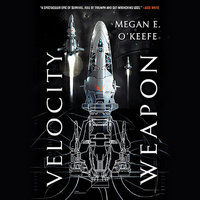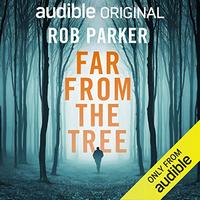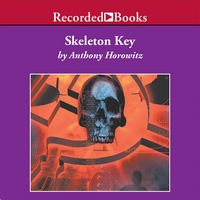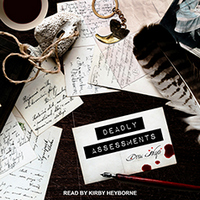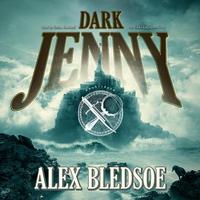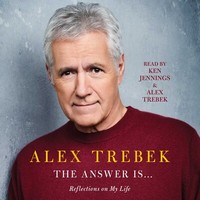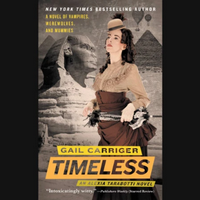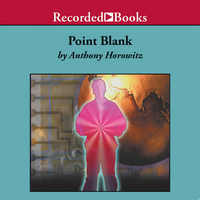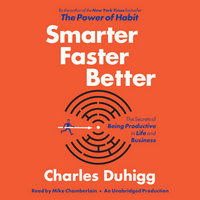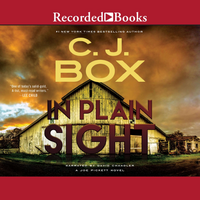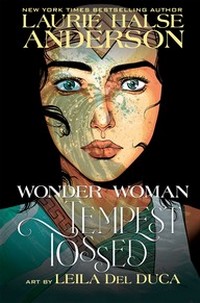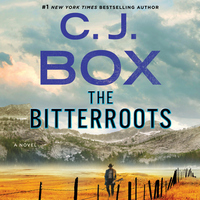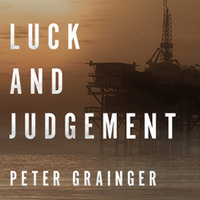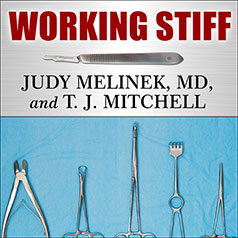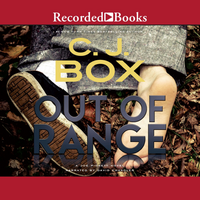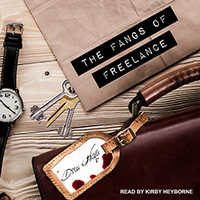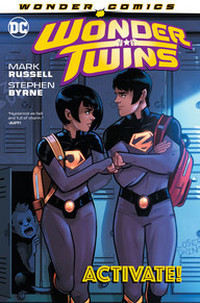The point of these quick takes post to catch up on my “To Write About” stack—emphasizing pithiness, not thoroughness. Half of this particular group bothers me to include here, but I’m afraid I’m about to lose track of them. The other half? Well, I might have trouble coming up with enough to talk about even in this format.
(the official blurb)
I won’t deny that there were a couple of moments that had me on the edge of my seat, but overall this concluding novel felt like a letdown. There was just a lot of treading water going on, the plot just wouldn’t move for ages, it seemed.
An audiobook narrated by Emily Gray Unabridged Audiobooks a multitude of shortcomings, however. She’s just so much fun to listen to.
I’m glad I listened to this series, but I’m also glad that I’m done. It started strong, but over the course of the series, it kept getting weaker and weaker. A fun mash-up of Urban Fantasy and Victorian Steampunk, but ultimately unsatisfying.

(the official blurb)
Alex Rider is back with another dose of escapist spy fiction for the MG set. It’s fun, but disposable. It’s the audiobook equivalent of NCIS, an entertaining way to spend some time, but that’s about it. I liked what Horowitz did with his character and I appreciated the growth in Alex.
This time, Alex is sent to an exclusive private school in the guise of a child of a rich and powerful man. Two similar fathers, from different parts of the world, with sons at this school, had recently been assassinated and M16 wants to get to the bottom of it.
Prebble did a fine job with the narration, I hope he continues.
This was clever and pretty exciting, I hope the series continues in this vein—I can absolutely see why my son tore through them (and re-read them, probably the only things he re-read). I’ll be back for more (just wish I’d made myself do this back when he was reading them).

(the official blurb)
My chief complaint about Duhigg’s book, The Power of Habit, was that I expected something the reader could use for themselves. This isn’t as easy to apply as you might want, but it’s clearly written with an eye for the reader not just to understand the principles of efficiency and productivity, but to show some ways to bring the lessons home.
That said, it’s not a how-to book, it’s not self-improvement, it’s largely about the science/study/understanding of productivity. I found it just as fascinating as the last book, and can see where it’d be a useful guidebook for people in some sort of position of authority in an organization.
Duhigg also shows us his process while illustrating his own application of the book’s lessons—which I really enjoyed.
I’m absolutely on board for whatever book Duhigg puts out next, Chamberlain is a great narrator for his material, too.

(the official blurb)
A very pregnant cookbook writer/TV host/new mom’s marriage crumbles around her, as she attempts to salvage it, protect her children, and make a way for herself in the world. Really, she’s trying to do it all, and do it well. (that’s a lousy summary, just click the link above, will ya?)
The narrator? This Meryl Streep person? I tell you what, I think she’s going places—there’s something special about her performance. Seriously, she did a great job, no surprise there.
Nor is it a surprise that Ephron can write a clever little book. I’m a long-time fan, I knew I should’ve picked this up when it was released. I don’t know that it’s necessarily deep, or that you walk away with new insight into the human condition, marriage, or love. But it was funny, it felt honest and real, and you get caught up in the life of Rachel Samstat right away. Solidly entertaining.

(the official blurb)
So this is all about chickens coming home to roost—almost everything that happened in this novel ties into one or more of the previous novels. And never the fun stuff from those novels. There’s the marital issues we got a glimpse at since Day 1 (and getting worse all the time—especially in the last book), the dead former Sheriff, the new Sheriff and his issues with Joe, Joe’s new boss—and more that I will just gloss over and let you read.
There’s a truly disturbing secret unearthed that really sheds light on so much of what happened in the book, most authors would’ve spent a lot more time on it than Box did here, he just let it be something that happened on the way to the major showdown. I like that he did it, but also kind of wish he’d given us a little more about it.
I did like the new governor and hope we get to see him again. (I especially like the fact that he’s a fictional politician and governs a neighboring state, not my own, I don’t even think I could enjoy him as a fictional Idaho governor).
There’s a lot left hanging at the close of this novel, I know the series continues (for many, many books to come), but I really have no idea what it’ll look like when I come back for Free Fire. Joe will be different, too, no matter what the circumstances around him are like. I assume Box is going to address it and I’m very curious about it.

(the official blurb)
I really didn’t need this book, Leigh Bardugo’s YA retelling of Wonder Woman’s origin was good enough, and superior to this one. But I’d read some largely positive reviews and decided to give it a shot.
It felt less like a Wonder Woman story, and more like Anderson wanted to find a way to talk about certain issues and shoved Diana into the necessary circumstances and then shaped the character around that, rather than making it feel organic and earned. Also, there was too much left unexplained. There was so much I didn’t understand about what was going on with Diana on the Themyscira and physically that it felt more like Anderson dropped the ball and less like she was being understated.
It wasn’t bad, but it sure wasn’t good.

(the official blurb)
Cassie’s done with law enforcement (but like Harry Bosch, will always think like a cop), and is making a living as a PI. A blast from the past calls in a favor owed and hires her to do some work as an investigator for the defense in a criminal proceeding. Cassie hates the idea in general, and loathes it in particular—the client is clearly guilty. Clearly guilty of raping his teenage niece, no less. He’s also a highly unpleasant person—she wouldn’t want to work for him even before the rape charge. But a debt’s a debt, and she figures she’ll find enough evidence to get him to switch his plea to guilty and work out a deal.
Readers/Listeners know all too well that the clearly guilty part guarantees that Cassie will eat some crow on this point, but that’s for later.
So Cassie travels to the very small town in northern Montana where the crime took place and the client’s estranged family runs everything from their ranch to the school board and all things in between—including the Sheriff’s Office and Courts. Things do not go well for her and her investigation—which just makes her think there’s something for her to find to help the client after all.
I definitely listened to this too soon after In Plain Sight, one of the themes of it is repeated here—not something I’d have noticed (at least not as much) if a few more weeks had passed.
Box ultimately won me over, but I came close to DNFing this a time or two, and I really didn’t enjoy most of the book. It was just a little heavy-handed, and the tie-in to a prior nemesis really didn’t work for me at all (and I’m not sure the introduction of the tie-in works now that I’ve seen where Box was taking it—it’s too complicated to explain, especially for this post, let’s just say I didn’t like it). But by the end, I liked what Cassie got up to and how she handled herself—and I like the way that Box dealt with the climax and denouement—both were really strong (and semi-unexpected).


This post contains affiliate links. If you purchase from any of them, I will get a small commission at no additional cost to you. As always, opinions are my own.

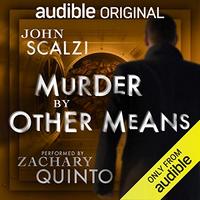


![]()


